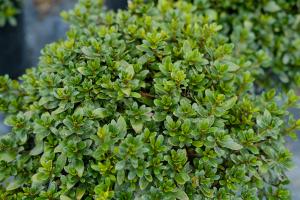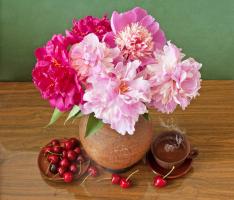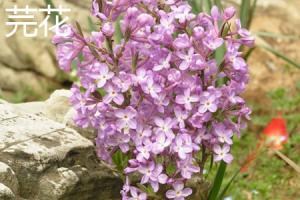Can You Put Epsom Salt Directly on a Potted Plant?
Epsom salt is a mineral compound made of magnesium, sulfur, and oxygen. It is commonly used in agriculture and gardening as a natural fertilizer and soil amendment. Some gardeners believe that the benefits of Epsom salt extend to potted plants as well, but the question is, can you put Epsom salt directly on a potted plant?
What Are the Benefits of Epsom Salt for Plants?
Epsom salt is rich in magnesium, which is an essential nutrient for plants. Magnesium helps plants to absorb other nutrients like nitrogen and phosphorus, and it also plays a role in the production of chlorophyll, which is necessary for photosynthesis. Sulfur is another important nutrient that can be found in Epsom salt, and it helps plants to produce proteins and enzymes. By adding Epsom salt to your soil, you can help your potted plants to grow stronger and healthier.
Can You Put Epsom Salt Directly on Potted Plants?
The short answer is yes, you can put Epsom salt directly on potted plants. However, it is important to use the correct amount and to apply it properly in order to avoid damaging your plants. Epsom salt is a salt, which means that if you apply too much, you could create a high concentration in the soil that can burn the roots of your plants. It is also important to apply it evenly around the roots of your plants, so the nutrients can be absorbed efficiently.
How to Use Epsom Salt on Potted Plants?
The recommended amount of Epsom salt for potted plants is approximately one tablespoon per gallon of water. You should dissolve the Epsom salt in the water before applying it to your soil. You can water your plants with this mixture once a month to give them a boost of nutrients. Alternatively, you can sprinkle the Epsom salt directly onto the soil around your plants, but be careful not to apply too much.
What Types of Potted Plants Can Benefit from Epsom Salt?
Epsom salt can benefit a wide range of potted plants, including flowering plants, vegetable plants, and houseplants. However, some plants may not tolerate high levels of magnesium, so it is important to research the specific needs of your plants before adding Epsom salt to your soil. It is also important to note that Epsom salt is not a substitute for other essential nutrients like nitrogen, phosphorus, and potassium, and it should be used in combination with other fertilizers and soil amendments for optimal results.
Conclusion
Epsom salt can be a valuable addition to your gardening routine, whether you are growing potted plants or outdoor plants. By adding Epsom salt to your soil, you can help your plants to absorb essential nutrients like magnesium and sulfur, which can promote healthy growth and development. However, it is important to use Epsom salt in moderation and to apply it properly in order to avoid damaging your plants. With the right approach, Epsom salt can be a useful tool to help you grow strong, healthy, and beautiful potted plants.

 how many times do yo...
how many times do yo... how many planted tre...
how many planted tre... how many pine trees ...
how many pine trees ... how many pecan trees...
how many pecan trees... how many plants comp...
how many plants comp... how many plants can ...
how many plants can ... how many plants and ...
how many plants and ... how many pepper plan...
how many pepper plan...
































